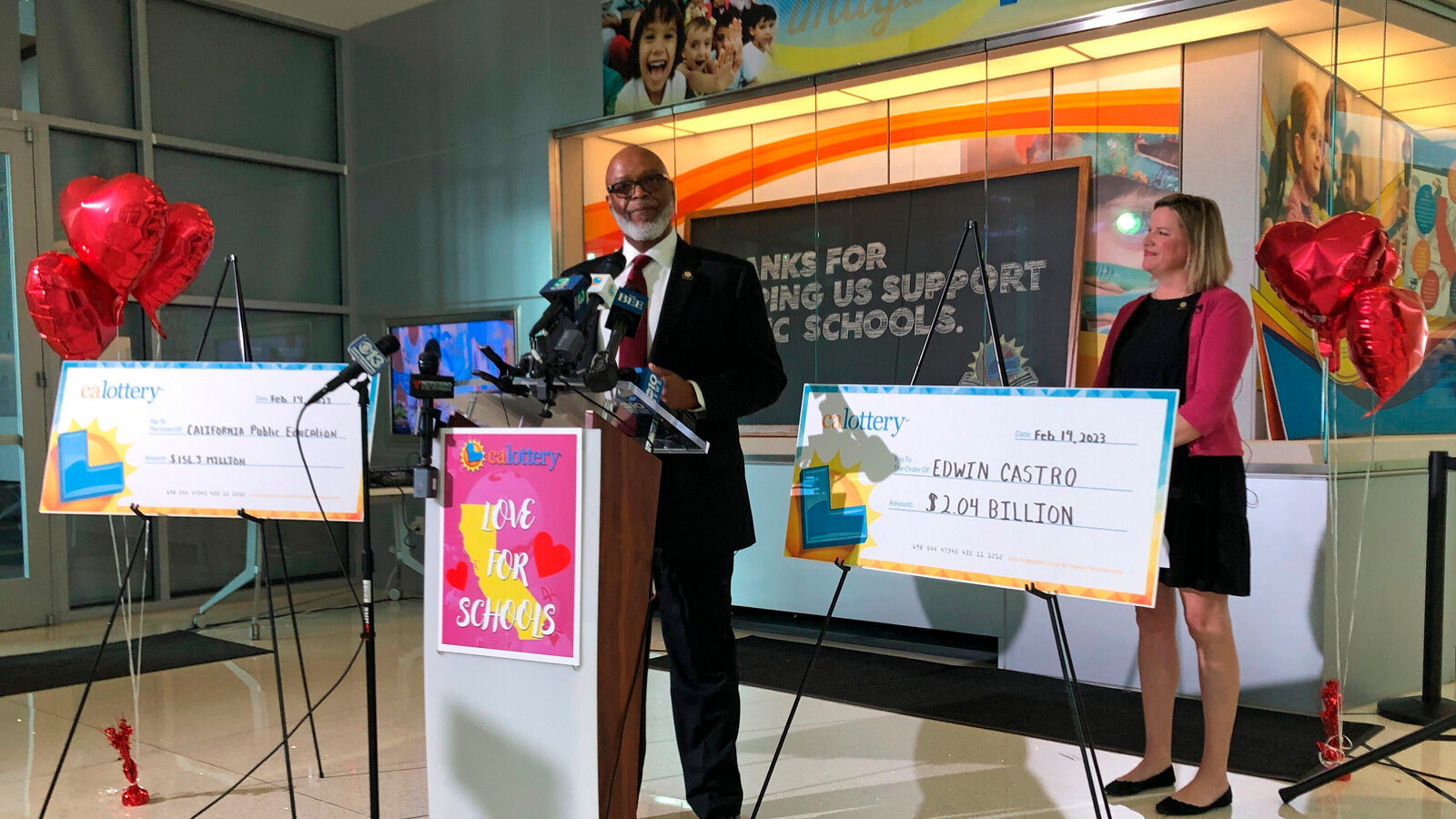The Powerball jackpot has become a cultural phenomenon in the United States, often drawing millions of players chasing the dream of life-changing wealth. The headlines are dominated by staggering jackpot figures that sometimes exceed a billion dollars, igniting conversations in homes, offices, and newsrooms across the country. Yet, while the game is national in scope, not all states are created equal when it comes to Powerball winners. A recent report analyzing Powerball jackpot outcomes reveals intriguing disparities between states, highlighting where winners seem to thrive and where they appear to struggle. These findings raise important questions about probability, state participation, taxation, and even cultural attitudes toward playing the lottery.
- The Powerball Phenomenon in America
- States with the Most Powerball Winners
- The Worst States for Powerball Winners
- How State Tax Laws Affect Powerball Winners
- Population Size and Powerball Winners
- Cultural Attitudes Toward Lottery Play
- Stories Behind the Winners
- The Role of Timing and Luck
- What the Powerball Jackpot Report Means for Players
- FAQs
- Which state has the most Powerball winners?
- Which states are considered the worst for Powerball winners?
- Do state taxes affect Powerball winnings?
- Does buying more tickets increase chances of winning?
- Why do some mid-sized states produce more winners than larger states?
- Conclusion
This article delves deep into the details of the Powerball Jackpot Report, exploring which states emerge as the best for Powerball winners and which states fall short. Along the way, we’ll unpack the historical context, statistical realities, and personal stories that bring the numbers to life. Whether you’re a casual player dreaming of striking it rich or a curious observer fascinated by lottery trends, this report sheds light on an often-overlooked aspect of America’s favorite jackpot game.
The Powerball Phenomenon in America
Powerball is not just a game; it is a shared national experience. Since its creation in 1992, Powerball has grown to become the largest multi-state lottery in the United States, available in 45 states, the District of Columbia, Puerto Rico, and the U.S. Virgin Islands. What makes Powerball so compelling is its astronomical jackpots, often fueled by rollovers when no ticket matches all six numbers.
Americans spent over $100 billion on lottery tickets in 2023 alone, with Powerball accounting for a significant portion of those sales. But beneath the excitement lies an uneven distribution of winners. Certain states seem to produce more Powerball jackpot winners than others, leading to speculation about why the odds favor particular regions. Is it simply a matter of population size and ticket sales, or are there deeper factors at play?
States with the Most Powerball Winners
According to the latest Powerball Jackpot Report, states like Indiana, Missouri, Minnesota, and Pennsylvania consistently rank high in the number of jackpot winners. Indiana, for instance, has historically led the nation with more than 35 jackpot winners since the game’s inception. Missouri follows closely, often benefiting from enthusiastic participation and a strong lottery culture.
Experts suggest that states with higher levels of ticket sales naturally generate more winners. “It’s important to remember that Powerball is a probability game,” says Dr. Michael Stone, a statistician specializing in lottery trends. “States with larger ticket volumes inevitably increase their chances of producing a jackpot winner, even though each individual ticket has the same odds.”
Yet statistics alone do not explain the enthusiasm. In states like Minnesota and Wisconsin, Powerball has become ingrained in local traditions, with syndicates of co-workers and family members frequently pooling resources to increase their chances. Stories of office pools striking it big or retirees claiming massive prizes add a personal dimension to these states’ strong showing in the rankings.
The Worst States for Powerball Winners
On the other end of the spectrum, some states struggle to produce jackpot winners despite years of participation. States such as Maine, North Dakota, Vermont, and Wyoming rarely make headlines for jackpot victories. Several factors contribute to this outcome, including smaller populations and lower ticket sales.
For example, Wyoming only joined Powerball in 2014, giving it far less historical opportunity to generate winners compared to longer-participating states. Similarly, states with smaller populations simply sell fewer tickets, reducing their odds of securing a jackpot claim.
Players in these states often feel they are at a disadvantage compared to their counterparts in larger states. “It sometimes feels like the big winners are always from places like California or Florida,” says a longtime player from Vermont. “But that doesn’t stop me from buying a ticket. Hope is part of the fun.”
How State Tax Laws Affect Powerball Winners
Beyond the thrill of winning, the state where a player buys a winning ticket can dramatically affect how much they actually take home. States like Florida, Texas, Tennessee, and Washington do not impose state income tax on lottery winnings, making them highly attractive for Powerball players.
Contrast this with states like New York or California, where winners face steep state tax rates on top of federal taxes. A Powerball jackpot worth $500 million could shrink substantially once state and federal obligations are met. For this reason, some analysts argue that Florida and Texas are among the “best states” for winners—not because they produce more winners, but because winners there keep more of their prize.
“Tax structures can make a massive difference in the real impact of a jackpot,” explains financial advisor Karen Lopez, who has counseled several past lottery winners. “A jackpot of $200 million in Florida might ultimately leave a winner better off than a $300 million jackpot in New York, simply because of the difference in taxation.”
Population Size and Powerball Winners
Population size plays a significant role in determining the number of winners per state. California, with its nearly 40 million residents, sells millions of tickets each draw, increasing the statistical likelihood of producing a winner. Meanwhile, states with fewer than a million residents, such as Vermont or North Dakota, face much longer odds of producing frequent jackpot winners simply due to lower participation rates.
Interestingly, the report highlights that some mid-sized states consistently outperform expectations. Missouri, with a population of around 6 million, has produced more winners than much larger states. This suggests that enthusiasm, ticket sales per capita, and cultural attitudes toward lottery play can sometimes outweigh sheer population numbers.
Cultural Attitudes Toward Lottery Play
Why do some states embrace Powerball more than others? The answer often lies in cultural and economic factors. In states with strong blue-collar traditions, the lottery is seen as an accessible form of entertainment and a chance to dream beyond everyday challenges.
For example, in states across the Midwest, community-based play such as workplace pools is particularly common. These group wins make national headlines, fueling further enthusiasm and participation. Meanwhile, in states where gambling is less culturally prominent, participation in Powerball remains modest, reducing the likelihood of jackpot wins.
Stories Behind the Winners
Behind every statistic lies a human story. Consider the case of a small-town family in Indiana who won a $435 million jackpot in 2017. Their victory not only transformed their personal lives but also brought national attention to their community. Stories like these reinforce Indiana’s reputation as a Powerball hotspot.
In contrast, states with fewer wins often lack these headline-grabbing stories, reinforcing perceptions of being “unlucky.” For many players, hearing about a local winner provides tangible proof that the dream is possible, boosting ticket sales and fostering a culture of optimism.
The Role of Timing and Luck
While population, ticket sales, and taxation are all important, Powerball remains fundamentally a game of chance. Timing often plays an unexpected role in shaping outcomes. For example, a California winner who purchased a ticket just hours before the draw might be no different from a Maine player buying a ticket every week for years without success.
This randomness is both the frustration and the beauty of Powerball. As experts often remind players, every ticket has the same odds of winning: 1 in 292.2 million. Whether you live in a so-called “best” or “worst” state, the statistical reality remains unchanged.
What the Powerball Jackpot Report Means for Players
The findings of the Powerball Jackpot Report provide more than trivia; they offer practical insights for players. Understanding which states produce winners, how tax laws impact payouts, and how cultural attitudes influence participation helps players make informed choices about where and how they play.
For frequent players, these insights underscore the importance of balancing hope with financial reality. For policymakers, the report highlights the role of taxation and state participation in shaping lottery outcomes and public perception. And for casual dreamers, it offers a fascinating glimpse into the geography of America’s biggest lottery.
FAQs
Which state has the most Powerball winners?
Indiana leads historically with more than 35 Powerball jackpot winners since the game began in 1992.
Which states are considered the worst for Powerball winners?
States like Maine, North Dakota, Vermont, and Wyoming rarely produce jackpot winners due to smaller populations and fewer ticket sales.
Do state taxes affect Powerball winnings?
Yes. States like Florida, Texas, and Tennessee do not tax lottery winnings, while states like New York and California impose high taxes that significantly reduce payouts.
Does buying more tickets increase chances of winning?
Buying more tickets increases your odds slightly, but the overall probability of winning remains extremely low at 1 in 292.2 million per ticket.
Why do some mid-sized states produce more winners than larger states?
States like Missouri outperform expectations because of high per-capita ticket sales and a strong lottery culture, not just population size.
Conclusion
The Powerball Jackpot Report reveals that the geography of lottery luck in America is far from equal. While Indiana, Missouri, and Pennsylvania stand tall as consistent winners, smaller states like Vermont or Wyoming rarely taste jackpot glory. Beyond sheer numbers, state tax laws, cultural attitudes, and population size play crucial roles in shaping the fortunes of Powerball players. Yet despite these differences, one truth remains: every ticket carries the same odds, and the possibility of an overnight transformation continues to captivate millions. For players across the nation, the dream is less about statistics and more about hope—the simple belief that maybe, just maybe, the next jackpot could be theirs.











